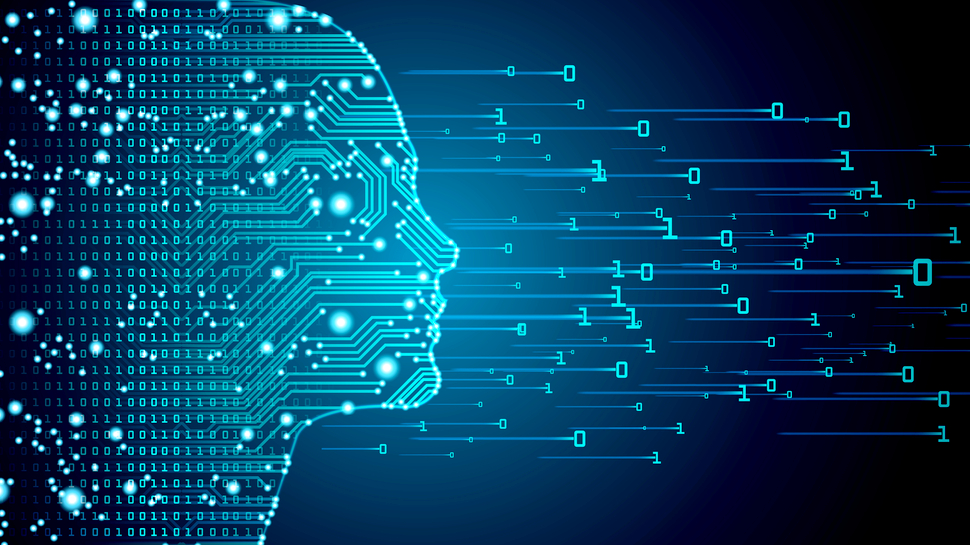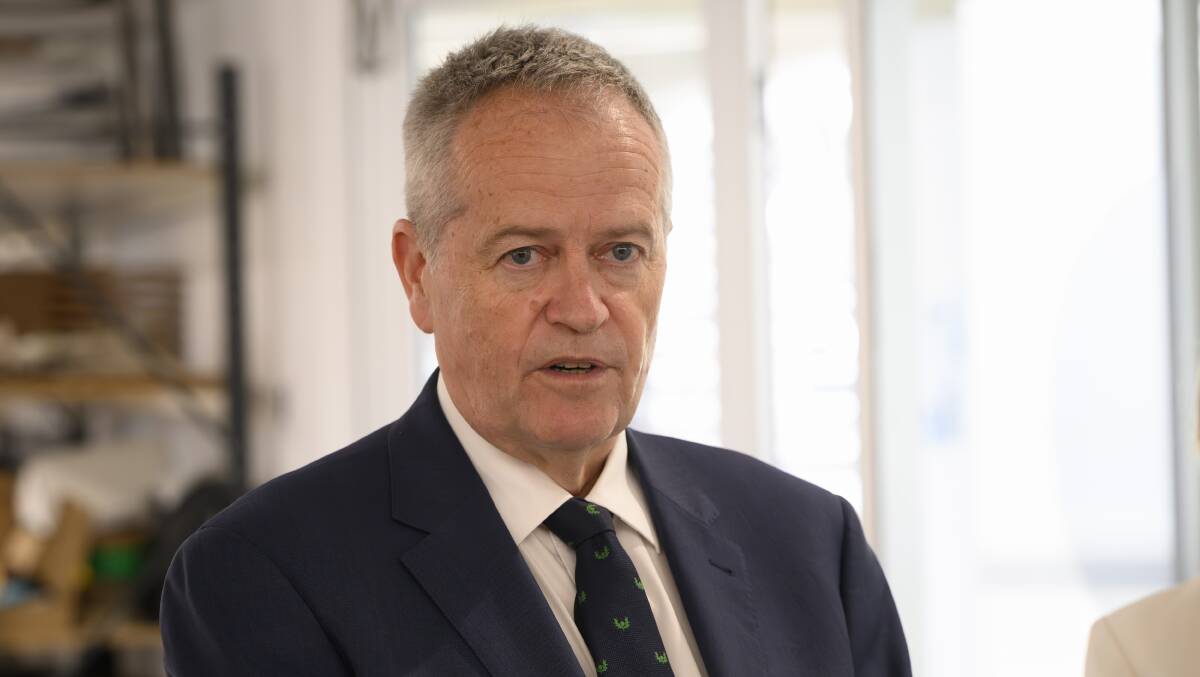
The concept of artificial intelligence (AI) stepping into the realm of governance may seem like a plot from a science fiction novel, but an expert in the field argues that it could become a reality by 2032. With decades of experience developing software systems designed to prevent failures in critical environments, the expert believes that AI will evolve beyond basic functions to play a significant role in shaping the structures that govern our lives, including healthcare, education, and justice systems.
AI’s potential in governance does not imply that we will elect a robot to public office. Rather, it suggests that AI could serve as a neutral decision-maker, offering consistent, evidence-driven insights in political discourse. The expert emphasizes that AI lacks personal desires or ambitions, which allows it to function without the biases and self-interests that often cloud human judgment.
Understanding AI’s Role in Governance
The expert’s insights stem from a career focused on enhancing software reliability. This experience has fostered an understanding of the underlying issues that contribute to systemic failures, whether in technology or governance. The past few years have highlighted a troubling trend: public trust in governments is diminishing, while democracies face challenges such as disinformation and political gridlock.
In light of these developments, the expert poses a provocative question: could AI govern more effectively than current human leaders? While opinions on AI are polarized—some view it as a solution, while others fear its potential risks—the expert believes that when ethically designed, AI can enhance clarity and support data-driven decisions.
AI can flag inconsistencies in laws, predict policy impacts across demographics, and identify disinformation in real-time. This approach, termed AICracy, envisions a system where AI assists human governance rather than replaces it. This model aims to optimize decision-making, fostering an environment where human leaders can engage in informed debates and policy-making.
Principles for Responsible AI Integration
As the expert reflects on the future of AI in governance, several guiding principles emerge:
1. **Human Oversight is Essential**: AI systems are only as effective as the values and ethics embedded within them. It is crucial to maintain human oversight to ensure accountability.
2. **AI as an Amplifier**: Instead of viewing AI as a competitor, it should be seen as a tool that enhances human intuition and reduces noise in decision-making processes.
3. **Addressing Inequality**: AI has the potential to analyze patterns of inequality and suggest interventions, provided there is a willingness to leverage this technology boldly.
4. **Supporting Moral Systems**: While AI cannot make moral decisions, it can enhance systems that promote ethical governance, ensuring that human responsibility is paramount.
Looking ahead, the expert recently engaged with AI models ChatGPT and Gemini to explore their anticipated evolution by 2032. The responses were revealing, indicating a future where AI is more transparent and accountable, capable of assisting governments and communities in navigating complex challenges.
The emerging narrative is not about whether AI can govern but rather how it can enhance governance. As society progresses toward 2032, the integration of AI in decision-making processes may become essential for effective leadership. While the idea of an AI president remains far-off, the prospect of AI as a collaborative force in governance is becoming increasingly plausible. This shift is not just a possibility; it is a necessity for the future of effective governance.







